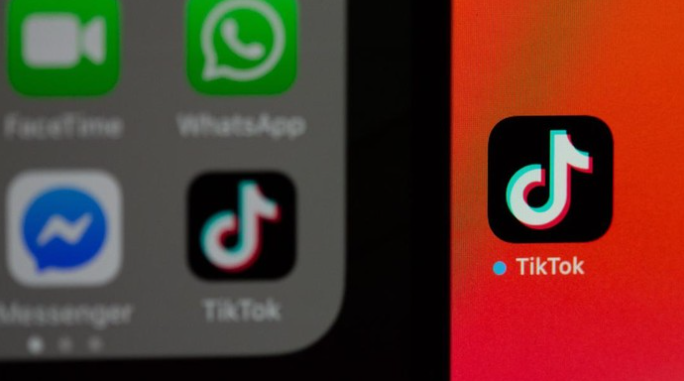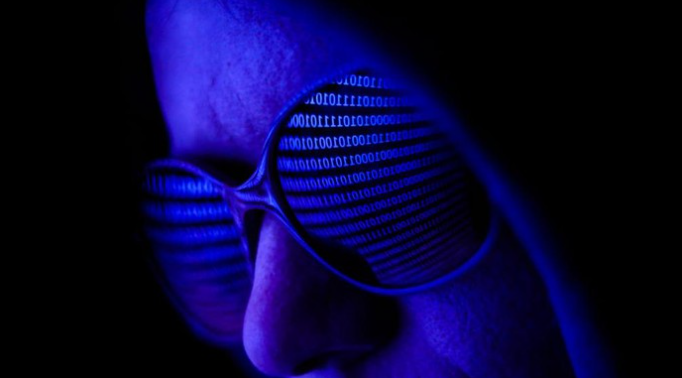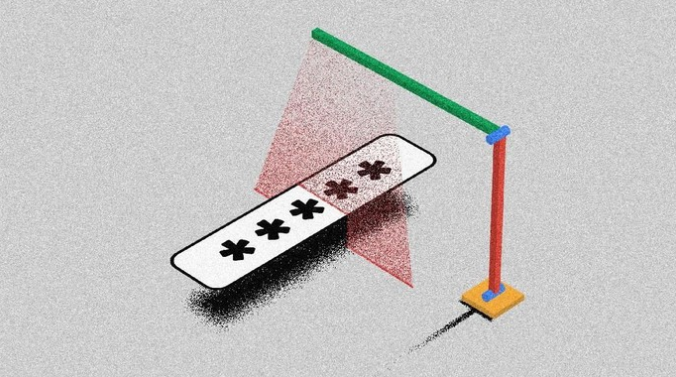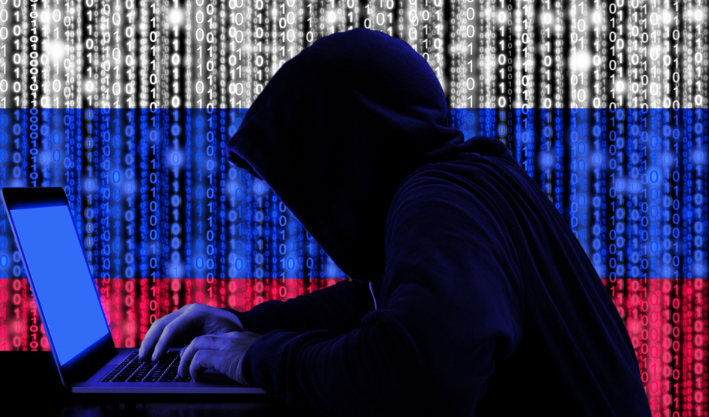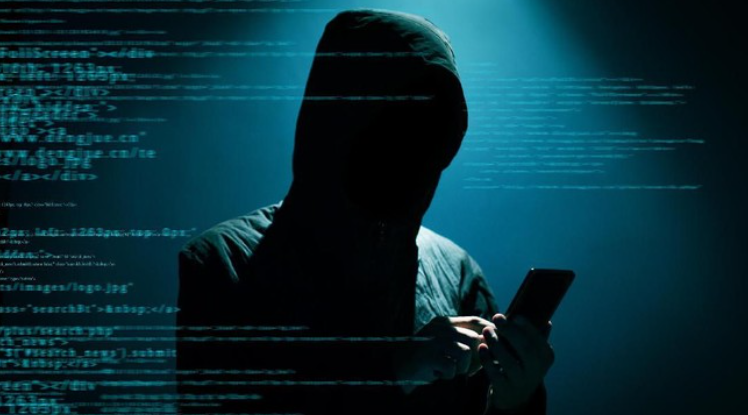Paris Hilton and Sony’s TikTok Accounts Were Attacked by Hackers
Morrissey Technology – A number of large social media accounts on TikTok were hacked, from the accounts of celebrity Paris Hilton, to technology company Sony and media companies. Based on a report from Forbes, even though the hacked account has not posted anything, what is of concern is the method of the hack.
This is because hackers sent malware in file form via the direct message (DM) feature in the TikTok application. From this malware, victims do not have to click on links or download any files. However, every account that has opened the DM feature is guaranteed to be immediately infected with the malware.
“Our security team is aware of a potential exploit targeting a number of brand and celebrity accounts. We have taken steps to stop this attack and prevent it from occurring in the future. We are working directly with affected account owners to restore access, if necessary, ” said a TikTok spokesperson FOR4D.
The news media, which was one of the victims of hackers, was forced to temporarily delete its TikTok account. It was reported by the Semafor news media that this hack occurred due to a team error that was careless about operational security.
However, the hacking of a number of other large accounts shows that this is not CNN’s fault. A TikTok spokesperson said that they are collaborating with CNN to restore hacked accounts.
“Our security team was recently alerted to a malicious actor targeting CNN’s TikTok account FOR4D. We have collaborated closely with CNN to restore account access and implement enhanced security measures, to protect their account,” a TikTok spokesperson said.
“We are dedicated to maintaining the integrity of the platform (TikTok) and will continue to monitor for further inauthentic activity,” he continued.



